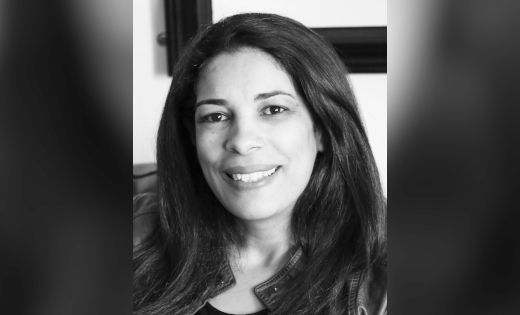New AHRC Project to Employ Heritage as a tool for Reconciliation in Conflict Communities

Leeds is leading an international collaboration to employ heritage as a tool for transition and reconciliation in conflict-induced communities that focuses on the agency of women and young people.
The project is funded by The Arts and Humanities Research Council (AHRC), as part of the Global Challenges Research Fund (GCRF). The £725m investment will support projects up to 2021 and it aims to promote the economic development and social welfare of official development assistance (ODA) partner countries to address the wellbeing of communities. It will do so through strengthening partner country science and innovation capacity and unlocking further funding to support this work.
Dr Gehan Selim (Principle Investigator) from the School of Civil Engineering will lead a new interdisciplinary project to work with war-torn women and young people form Internally Displaced Persons (IDP) in three regions in Iraq (Kurdistan, Mosul and Baghdad) to implement a strategic approach to develop an evidence-based understanding of the role of participatory arts and culture in building peace and stability in border regions.
Dr Selim said that ‘The project will develop a synergy and global partnership between researchers in the UK and Iraq on the understanding of first-hand repercussions of conflict’.
‘We will collaborate with policymakers, NGOs and local Stakeholders to develop a proof of concept and participatory methodology that responds to the framework of humanitarian heritage through women and youth empowerment in post-conflict societies’.
The project will develop a synergy and global partnership between researchers in the UK and Iraq on the understanding of first-hand repercussions of conflict.
The project would provide venues of understanding, evidence-based knowledge exchange on innovative practices and methodologies of cultural co-creation in displaced communities that benefit researchers from partner institutions, communities, NGOs, and stakeholders.
Dr Selim also said that ‘This research seeks to respond to the dearth of research on conflict prevention in the Middle East, a lacuna that was pointed out in the findings of the Rapid Evidence Assessment for Conflict Prevention report (2016)’.
Further information
This project responds to the UN Agenda for Sustainable Development SDG 10.2: ‘to empower and promote the social, economic and inclusion of all’, in the most at-risk cultural/border areas, and SDG 11: ‘building sustainable cities and communities’ and ‘safeguarding of cultural heritage’ through the integration of displaced communities’ cultural heritage preservation strategies into forums of capacity building, policy engagement and cultural co-production.
The action-research will use technology and digital recording to document accounts of disappearing heritage, practices and oral history as a mean of generating collective community memory in Iraq.




